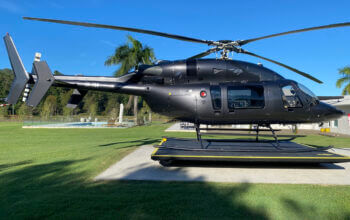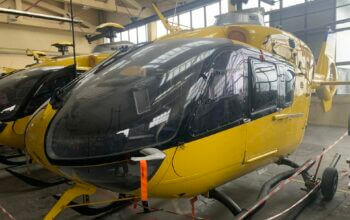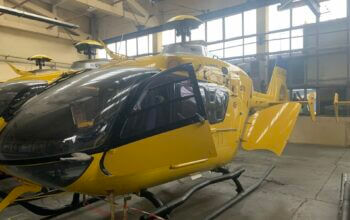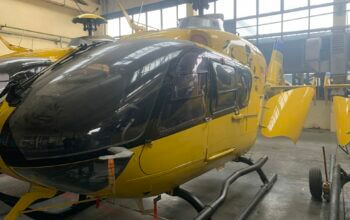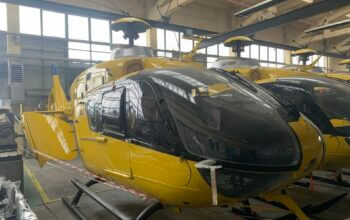Estimated reading time 5 minutes, 25 seconds.
Retaining its most experienced pilots, technicians, aviation specialists and support personnel has been a pressing problem for the Royal Canadian Air Force (RCAF) over the past few years, as competition from the commercial sector increases.
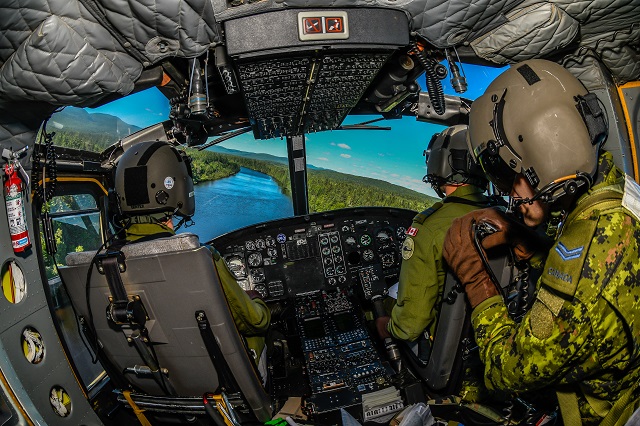
The Air Force is currently short about 275 pilots and warding off further attrition is only going to be more challenging given the global demand.
Since he assumed command of the RCAF in May 2018, LGen Al Meinzinger has made retention a priority. As he wrote in a recent article for Skies, “One of our greatest challenges is retention of experienced members; in particular, pilots.”
On June 10, the Air Force announced a series of initiatives, some already underway, to retain personnel and increase experience levels.
The comprehensive plan is driven by two separate, but complementary, internal campaigns. Operation Experience is a directive from the Chief of the Defence Staff, Gen Jonathan Vance, to immediately implement initiatives “to stabilize and rapidly increase levels of pilot experience.” Operation Talent is an Air Force-led effort to improve the quality of life and quality of service of all personnel and their families.
“Together, these initiatives are vital in the face of an unprecedented level of global competition for the skills of pilots, technicians, highly trained aviation specialists and support personnel,” Meinzinger told RCAF personnel in a statement this morning. “We are at risk of losing the depth of experience that our more senior personnel possess and, thus, the ability to mentor, train and transfer knowledge to our newer aviators and bring them to an operationally effective level.
“Without action to stabilize our levels of experienced personnel, the RCAF’s operational output will be further impacted,” he continued. “Increasing our intake and our training capacity is not enough. We must nurture an environment where the RCAF’s quality of life and quality of service make it more attractive for our members to stay than to leave.”
Though the aim is to get initiatives underway as quickly as possible, implementing what he called “complex solutions” could take between five and seven years, he cautioned.
The RCAF has adopted a two-pronged approach that will focus specifically on stabilizing and increasing levels of pilot experience while simultaneously improving quality of life for personnel and their families.
The Air Force will begin accepting applications this summer for a new Air Operations Support Technician occupation in the Reserves that is “intended to augment force protection capabilities and provide support to aircraft maintenance and search and rescue activities,” wrote Meinzinger. “This will allow highly qualified Aviation and Search and Rescue Technicians to focus on their primary functions.”
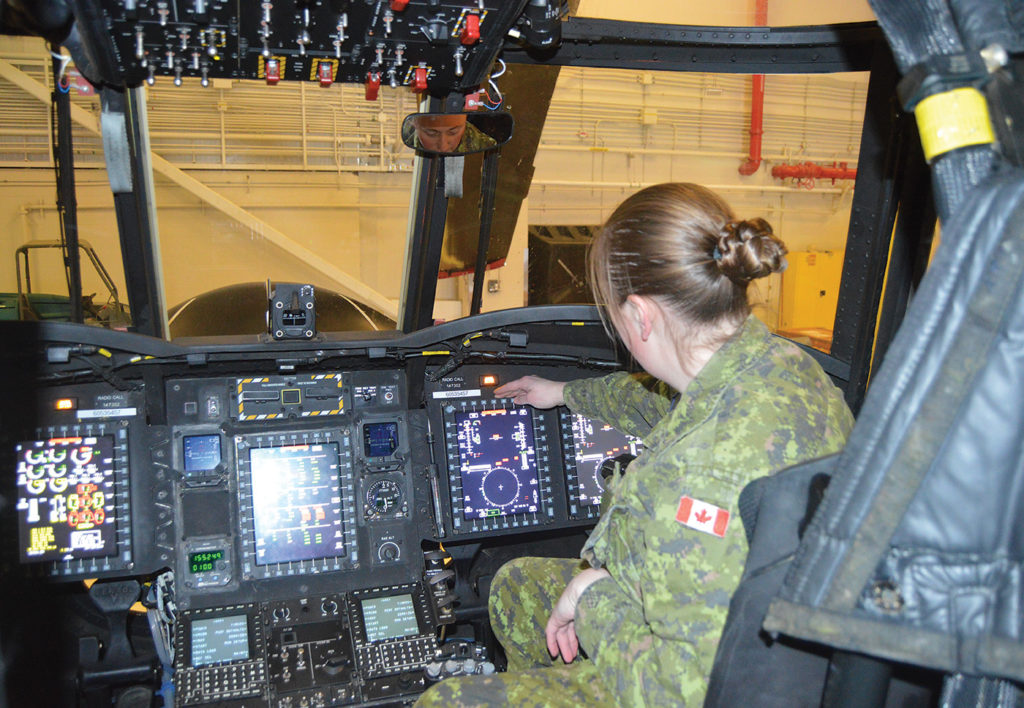
A similar Air Operations Officer occupation in the Regular Force for non-flying activities is also in the works, allowing more aircrew to access the flight lines.
Other initiatives already underway include the use of more contracted instructors for basic aircrew and operational training unit production; making the first aircrew tour a minimum four years at tactical squadrons, beginning with pilot flying tours; reviewing pilot occupations to reflect the current operating environment and job realities; reviewing the current restricted release policy for air occupations, beginning with pilots, to determine the appropriate period of service; and giving leaders down to the unit level more power to improve work-life balance.
Over the next 12 months, the Air Force intends to explore a lengthy list of initiatives, including streamlining and prioritizing re-enrolment and compensation packages for skilled former RCAF and allied pilots; adjusting the balance between training and professional development with other professional and personal demands; optimizing the path to being operationally effective in air occupations; expanding and/or creating additional rotary-wing and multi-engine flying capacity to season new wing grads awaiting platform-specific training; and exploring short-term compensation measures for experienced Regular and Reserve Force pilots.
The Air Force will also work with allies and industry partnerships on ways to retain, attract, and grow pilot experience within the RCAF.
Many of the ideas fit within Meinzinger’s personal priority to focus on the health and leadership of the squadrons and tactical units. “I firmly believe that if we can get it right within our 39 flying units and 85 tactical units, our future will be all that brighter,” he said when he assumed command.
